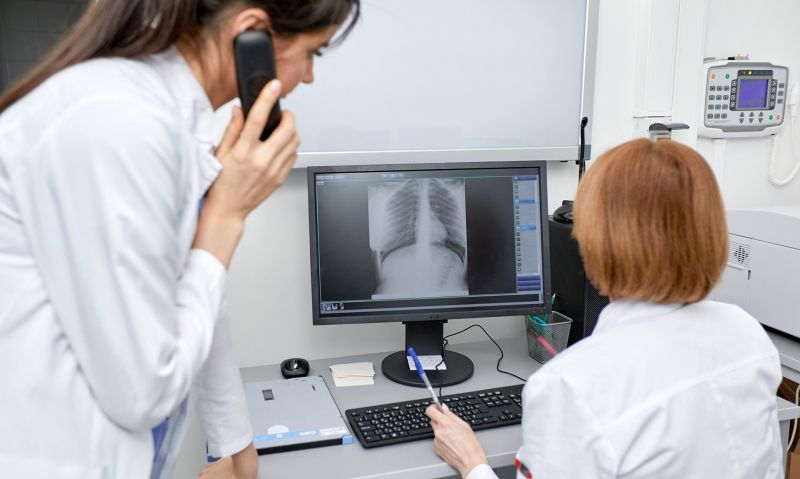
Who should be screened for lung cancer?
LEARN HOW YOUR PLANNED GIFT CAN HELP THE AMERICAN LEGION
Who should get screened for lung cancer, and what are the Medicare coverage guidelines? I quit smoking many years ago, but I am unsure if I should be screened.
Despite not having smoked for many years, you may still be due for an annual lung cancer screening, based on new recommendations from the American Cancer Society (ACS).
The new guidelines state that adults 50 to 80 who currently smoke, or previously smoked, the equivalent of one pack a day for 20 years should get an annual low-dose computed tomography (LDCT) scan. This would apply regardless of how long ago you quit.
ACS screening guidelines previously said that those who quit 15 or more years ago were not eligible for an LDCT scan each year. However, new studies have shown that expanding screening eligibility saves lives, even among people who quit smoking 15 or more years earlier. The guidelines no longer consider years since quitting as criteria.
Early Detection Saves Lives Lung cancer is the deadliest cancer in the United States. According to the ACS, an estimated 234,580 new cases are expected to be diagnosed in 2024, resulting in about 125,070 Americans’ deaths from the disease.
While lung cancer can occur in anyone at any age, cigarette smoking is the top risk factor and is linked to about 80-90% of lung cancer deaths. In fact, most people diagnosed with the disease are 65 or older.
Lung cancer can pose a significant challenge since it is often symptomless until at an advanced stage, making it more difficult to treat. A 2023 report from the American Lung Association found that only 4.5% of people eligible for lung cancer screening in the United States get one. The screening rate is as low as less than 1% in some states.
Despite the low utilization of lung cancer screenings, the report showcased advancements in early detection. Per the report, early detection has increased by 9% over the prior five years to reach 26.6% of diagnosed cases, resulting in fewer deaths.
Screening & Coverage If you are eligible for a lung cancer screening, start by speaking with your doctor, even if it has been a long time since you smoked. Medicare Part B will cover one LDCT scan a year for individuals 50 to 77 who are either current smokers or quit in the last 15 years and have a 20-pack-year history. Patients must have an order from their doctor or health-care provider and should not have symptoms of lung cancer.
An LDCT scan is a non-invasive test; you lie down and hold your breath while being moved through an X-ray machine. The scan takes several X-ray images of the lungs and can help identify possible abnormalities in the lung tissue.
There are some potential risks with this screening, including the possibility of false positives, which can lead to more scans or invasive procedures. According to the American Lung Association, about 12-14% of lung cancer screening scans will have a false positive, about the same rate as mammograms. It should be noted that false positives are not uncommon in screening tests, and the rate of false positives drops to 6% after continued annual screenings as the new scans can be compared to previous scans for any changes. As new medical tools and procedures continue to advance, the rate of false positives is expected to further decline.
“Savvy Living” is written by Jim Miller, a regular contributor to NBC’s “Today Show.” The column, and others like it, is available to read via The American Legion’s Planned Giving program, a way of establishing your legacy of support for the organization while providing for your current financial needs. Learn more about the process, and the variety of charitable programs you can benefit, at legion.org/plannedgiving. Consider naming The American Legion in your will or trust as a part of your personal legacy. Clicking on “Learn more” will bring up an “E-newsletter” button, where you can sign up for regular information from Planned Giving.
